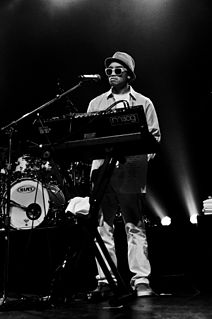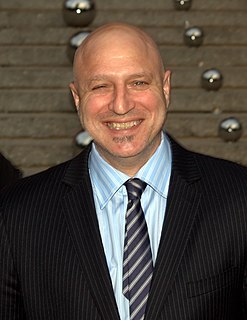A Quote by Anthony Bourdain
Really annoys me any time I see Asian fusion too. Asia is a big place; which Asian are you talking about? You notice it's never Uzbek or Tajik food. It's Thai, and it's generally insulting.
Related Quotes
I wish people wouldn't just see me as the Asian girl who beats everyone up, or the Asian girl with no emotion. People see Julia Roberts or Sandra Bullock in a romantic comedy, but not me. You add raceto it, and it became, 'Well, she's too Asian', or, ‘She's too American’. I kind of got pushed out of both categories. It's a very strange place to be. You're not Asian enough and then you're not American enough, so it gets really frustrating.
I always feel like people misunderstand the difference between an Asian story and an Asian-American story. That's completely different, too. I have friends who grew up in Asia, and our experiences are so different. Even though we might look the same, I feel like being Asian and then being Asian-American is completely different.
Asian food is very easy to like because it hits your mouth very differently than European food does. In European food, there may be two things to hit - maybe sweet and salty, maybe salty-savory, … but Asian kind of works around, plus you have that distinct flavor that’s usually working in Asian food.
When we talk about Orientalist painting, we're talking about painting generally from the seventeenth through the nineteenth century, and some would say even into the twentieth, that allows Europe to look at Africa, Asia Minor, or East Asia in a way that's revelatory but also as a place in which you can empty yourself out. A place in which there is no place. It's an emptiness and a location at once.
Does people not asking me about Asian American literature mean they don't see it as its own literary tradition? I certainly believe in it as its own literary tradition, because your race plays a great factor in how you are seen by the world, and how you see the world; the fact that I'm an Asian American isn't incidental to who I am as a writer. Where it becomes difficult is defining what, if anything identifiable at all, makes an Asian American book an Asian American book, other than the fact of its creator being Asian. And I'd argue that there is nothing identifiable beyond that.
































